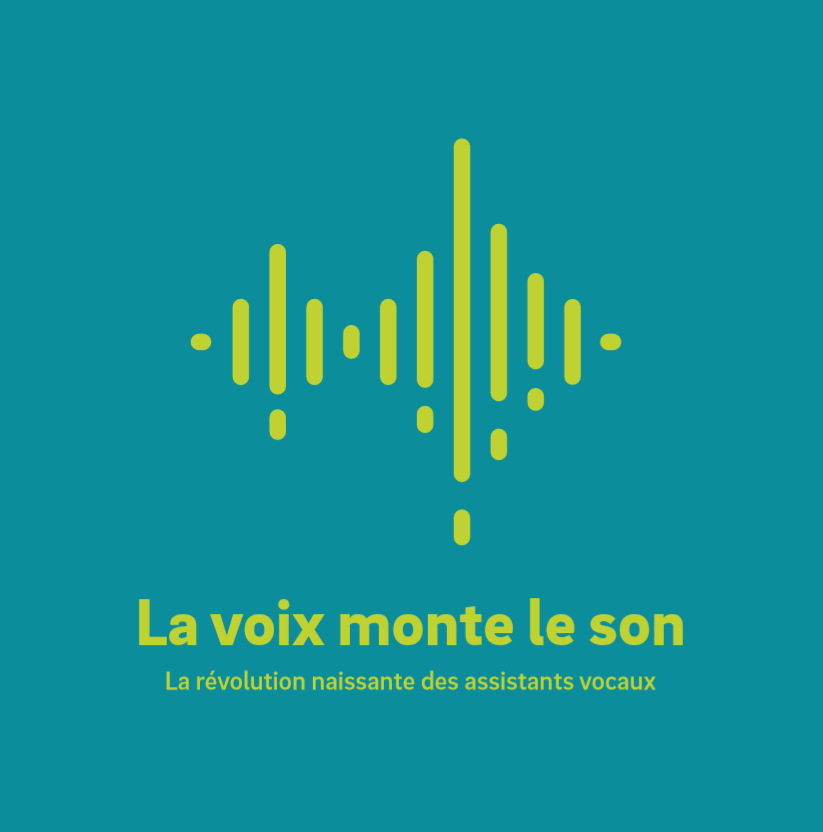Study
What future for voice assistants?
VISEO and the consulting firm Roland Berger publish their study dedicated to voice assistants. Discover it.
The vocal assistants speak to French people. They are gradually gaining ground in households and businesses alike. If they are still perceived as gadgets today, they could represent up to 30% of web browsing as early as next year, and by 2021, the planet should have more conversational assistants than humans. This emerging market is a coveted market and the GAFAM quickly seized this technology. They are fighting to be the most listened to and recognized voice of the people, because the economic stakes are huge. And referencing will be even more essential to avoid forgetting the results of search engines, which will be the main gateway to this technology.
Today, the adoption of the voice, which is still in its infancy, requires a profound change in customs and mentalities, from "visual" to "speaking", and marks the advent of a new digital era. The stakes are high for companies, who must now consider their strategy with regard to this technology. Many of them are adopting it, trying new uses or adapting those from the screen. Nevertheless, this critical threshold is still far from being reached. Many barriers remain, whether technological or cultural. The appearance of connected speakers in homes raises concerns about the intrusion of these technologies into the private sphere (personal data, referencing of results, etc.) and frustrations due to a gap between users' expectations and technological reality. Constraints that delay the mass use of voice assistants.
On the other hand, even if use is still limited, it is in the interest of companies to embark on the adventure now to meet their customers' expectations when they use voice as they do today using the keyboard or touch. So, what are the challenges and opportunities offered today and in the coming years by the voice channel? How should companies approach this technology and use it to best meet the expectations of their customers, B2B or B2C, when they adopt it? How can they change their business model? What role should the GAFAM play in this conquest?
To understand the challenges represented by voice assistants, Roland Berger has teamed up with VISEO, a consulting and digital services company, to analyse the current market, anticipate developments and evaluate the level of voice adoption in the coming years.


